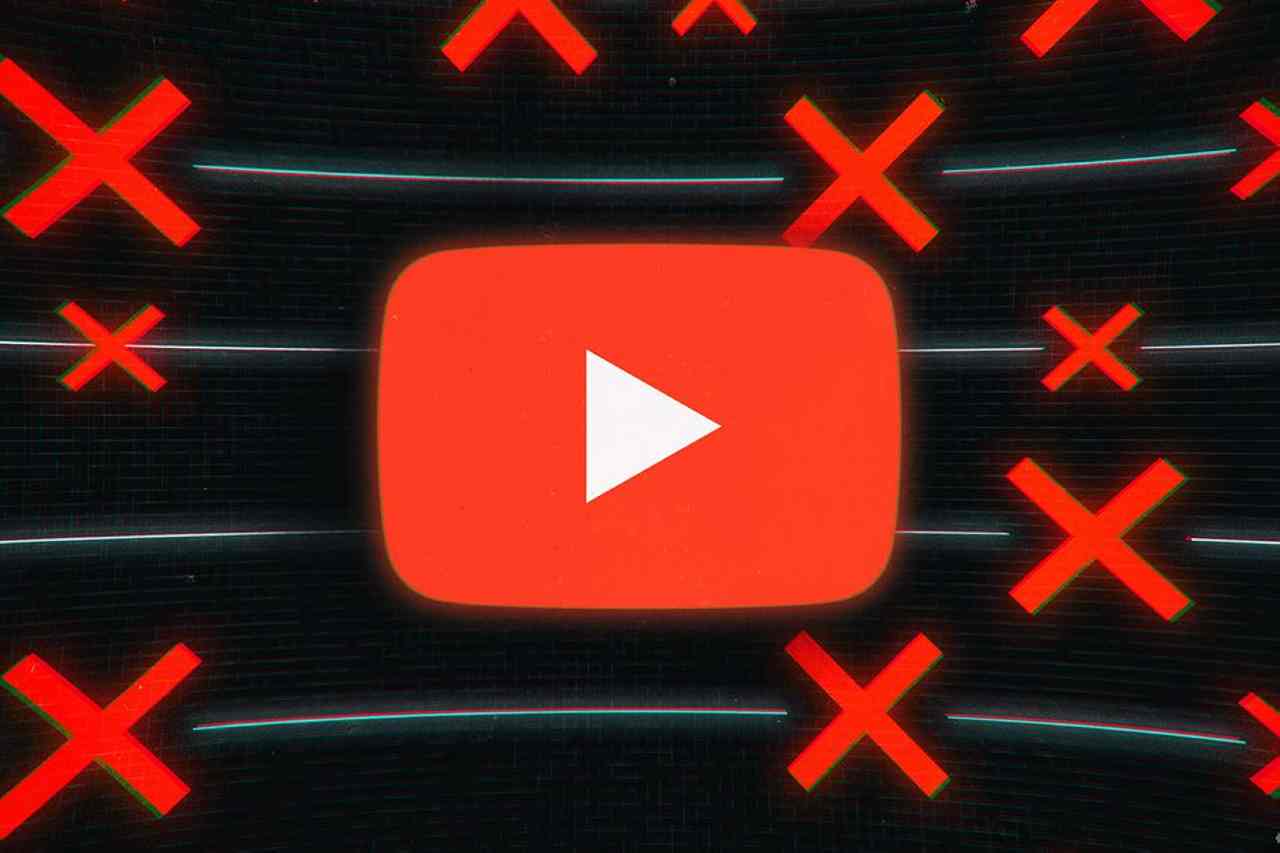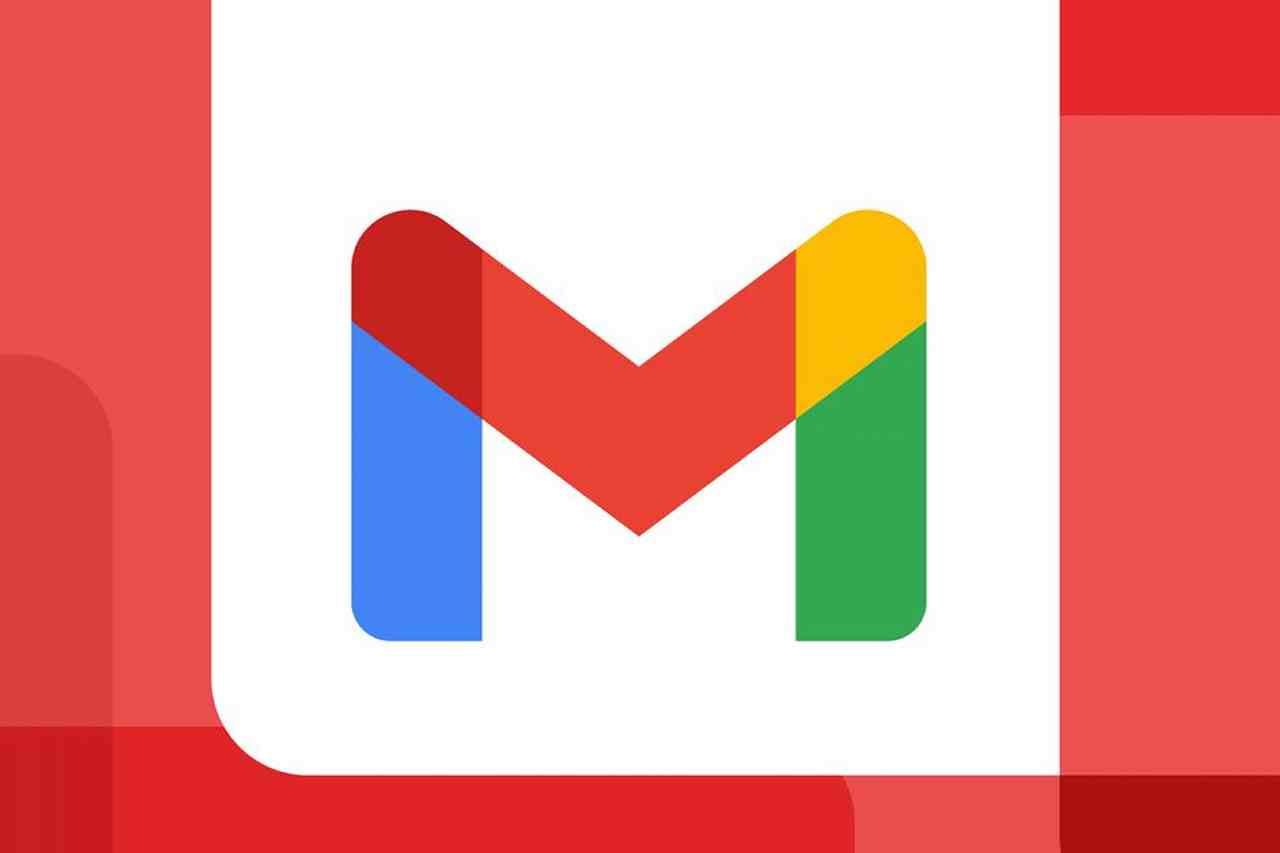The Supreme Court docket has declined to think about reinterpreting foundational web legislation Part 230, saying it wasn’t essential for deciding the terrorism-related case Gonzalez v. Google. The ruling got here alongside a separate however associated ruling in Twitter v. Taamneh, the place the courtroom concluded that Twitter had not aided and abetted terrorism.
In an unsigned opinion issued as we speak, the courtroom mentioned the underlying complaints in Gonzalez have been weak, no matter Part 230’s applicability. The case concerned the household of a girl killed in a terrorist assault suing Google, which the household claimed had violated the legislation by recommending terrorist content material on YouTube. They sought to carry Google liable underneath anti-terrorism legal guidelines.
The courtroom dismissed the criticism largely due to its unanimous ruling in Twitter v. Taamneh. Very similar to in Gonzalez, a household alleged that Twitter knowingly supported terrorists by failing to take away them from the platform earlier than a lethal assault. In a ruling authored by Justice Clarence Thomas, nevertheless, the courtroom declared that the claims have been “inadequate to ascertain that these defendants aided and abetted ISIS” for the assault in query. Thomas declared that Twitter’s failure to police terrorist content material failed the requirement for some “affirmative act” that concerned significant participation in an unlawful act.
“If aiding-and-abetting legal responsibility have been taken too far, then peculiar retailers might grow to be chargeable for any misuse of their items and companies, irrespective of how attenuated their relationship with the wrongdoer,” writes Thomas. That features “those that merely ship mail or transmit emails” turning into chargeable for the contents of these messages and even individuals witnessing a theft turning into chargeable for the theft. “There are not any allegations that defendants handled ISIS any otherwise from anybody else. Slightly, defendants’ relationship with ISIS and its supporters seems to have been the identical as their relationship with their billion-plus different customers: arm’s size, passive, and largely detached.”
Thomas in contrast social platforms like Twitter to different older types of communication:
“It may be that unhealthy actors like ISIS are ready to make use of platforms like defendants’ for unlawful — and typically horrible — ends. However the identical may very well be mentioned of cell telephones, e mail, or the web typically. But, we typically don’t assume that web or cell service suppliers incur culpability merely for offering their companies to the general public writ massive. Nor do we predict that such suppliers would usually be described as aiding and abetting, for instance, unlawful drug offers brokered over cell telephones—even when the supplier’s conference-call or video-call options made the sale simpler.”
For Gonzalez v. Google, “the allegations underlying their secondary-liability claims are materially similar to these at concern in Twitter,” says the courtroom. “Since we maintain that the criticism in that case fails to state a declare for aiding and abetting … it seems to comply with that the criticism right here likewise fails to state such a declare.” Due to that, “we due to this fact decline to deal with the appliance of §230 to a criticism that seems to state little, if any, believable declare for aid.”
Google’s public coverage crew issued a press release on Twitter concerning the determination. “Numerous firms, students, creators and civil society teams who joined with us on this case will likely be reassured by this consequence. We’ll proceed to safeguard free expression on-line, fight dangerous content material, and assist companies and creators who profit from the web,” it mentioned.
The Gonzalez ruling is brief and declines to cope with most of the specifics of the case. However the Twitter ruling does tackle a key query from Gonzalez: whether or not suggestion algorithms represent actively encouraging sure varieties of content material. Thomas seems skeptical:
“To make sure, plaintiffs assert that defendants’ ‘suggestion’ algorithms transcend passive support and represent lively, substantial help. We disagree. By plaintiffs’ personal telling, their declare relies on defendants’ ‘provision of the infrastructure which offers materials assist to ISIS.’ Considered correctly, defendants’ ‘suggestion’ algorithms are merely a part of that infrastructure. All of the content material on their platforms is filtered by these algorithms, which allegedly type the content material by data and inputs offered by customers and located within the content material itself. As introduced right here, the algorithms seem agnostic as to the character of the content material, matching any content material (together with ISIS’ content material) with any consumer who’s extra more likely to view that content material. The truth that these algorithms matched some ISIS content material with some customers thus doesn’t convert defendants’ passive help into lively abetting. As soon as the platform and sorting-tool algorithms have been up and working, defendants at most allegedly stood again and watched; they aren’t alleged to have taken any additional motion with respect to ISIS.”
The interpretation might deal a blow to at least one frequent argument for including particular legal responsibility to social media: the declare that suggestion techniques go above and past merely internet hosting content material and explicitly encourage that content material. This ruling’s reasoning means that merely recommending one thing on an “agnostic” foundation — versus, in a single hypothetical from Thomas, making a system that “consciously and selectively selected to advertise content material offered by a specific terrorist group” — isn’t an lively type of encouragement.
The choice was praised by civil liberties activists. “We’re happy that the Court docket didn’t handle or weaken Part 230, which stays a necessary a part of the structure of the trendy web and can proceed to allow consumer entry to on-line platforms,” mentioned Digital Frontier Basis civil liberties director David Greene in a press release following the ruling. “We are also happy that the Court docket discovered that an internet service can’t be chargeable for terrorist assaults merely as a result of their companies are typically utilized by terrorist organizations the identical approach they’re utilized by tens of millions of organizations across the globe.”
Supreme Court docket justices have indicated for a while that they want to reexamine the legal responsibility of on-line platforms. However in a set of oral arguments earlier this yr, justices appeared reluctant to alter Part 230, questioning whether or not it will upend core items of on-line communication. At this time’s rulings seemingly received’t be the ultimate say on the authorized standing of web companies, although — the courtroom has beforehand indicated curiosity in pursuing a pair of circumstances protecting legal guidelines banning web moderation in Texas and Florida.
Replace 2PM ET: Added assertion from Google.













